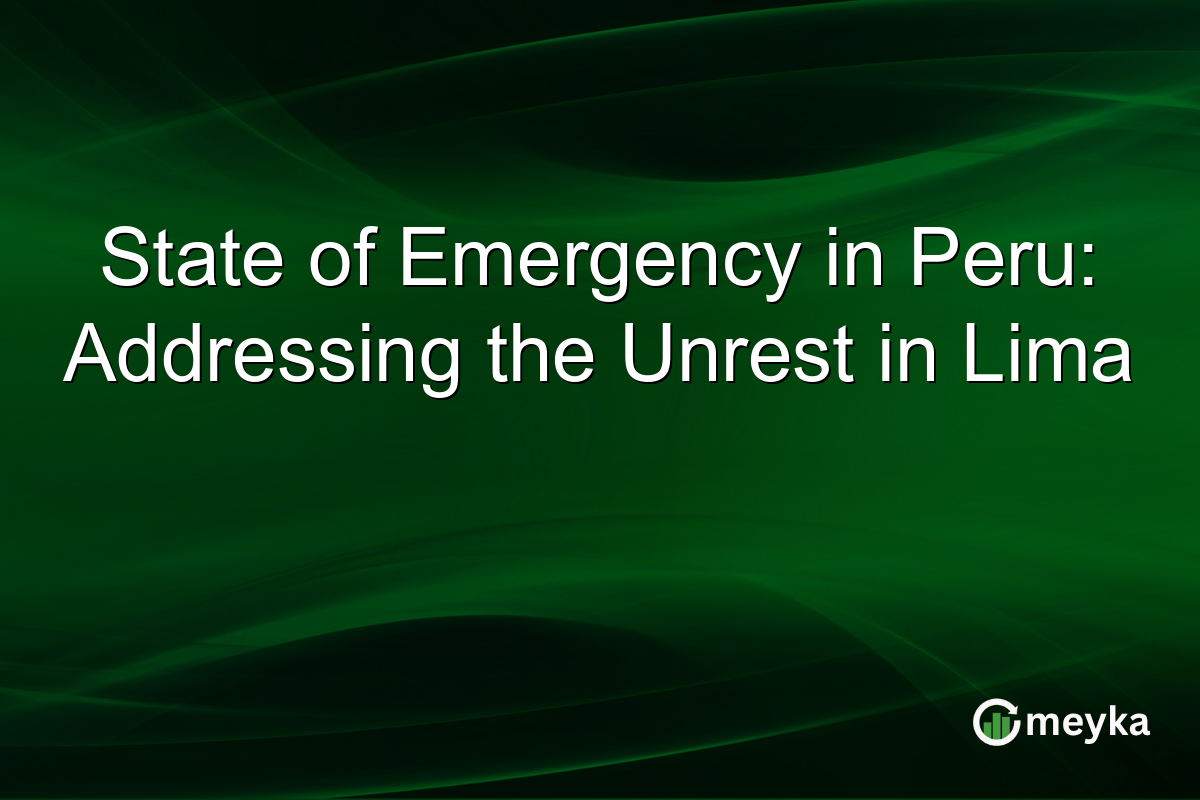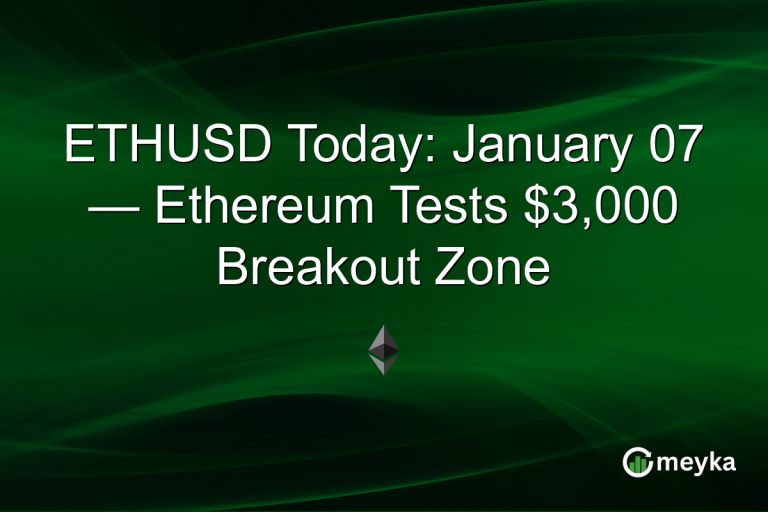State of Emergency in Peru: Addressing the Unrest in Lima
Amid a wave of intense protests, Peru has declared a 30-day state of emergency in Lima. The unrest follows the impeachment of former President Dina Boluarte, marking a critical moment in Peru’s ongoing political crisis. This move aims to control escalating tensions that jeopardize both social stability and economic activities. Investors and international observers are closely monitoring the situation as it unfolds.
Understanding the State of Emergency in Peru
The state of emergency in Peru comes at a time when political unrest is at its peak. This measure grants the government exceptional powers to maintain public order. These include suspension of certain civil rights such as freedom of assembly, which directly impacts the protestors’ ability to organize.
This decision is in response to prolonged demonstrations following the recent impeachment of Dina Boluarte. The government’s commitment to restoring order highlights the severity of the situation and its urgency. For more details, visit the report on Al Jazeera: State of Emergency Declared in Peru’s Capital Lima Amid Protests.
Such measures create a complex environment that affects not only the political landscape but also has economic ramifications.
Implications of the Lima Protests
The Lima protests represent deep-seated dissatisfaction with political dynamics in the country. Social unrest often disrupts business operations, discouraging investment and reducing economic output. The situation in Lima is no different, as businesses face challenges in maintaining regular operations.
The protests are rooted in demands for political reform and greater transparency. These concerns echo across Latin America, where political instability can lead to significant market volatility. Observers worry about potential impacts on Peru’s agricultural and mining sectors, critical to the nation’s economy.
The Role of Key Political Figures
Jose Jeri, an influential political figure, plays a pivotal role in navigating the ongoing crisis. His statements and actions are under scrutiny as the government seeks to establish order. Jeri’s leadership can influence both domestic and international perceptions, affecting economic forecasts for the region.
Political analysts look to Jeri’s commitment to reform and stability as a potential catalyst for restoring investor confidence. The effectiveness of his strategy could determine the pace at which Peru stabilizes and resumes normalcy, impacting regional economic growth.
International Investor Concerns
For investors, the political crisis in Peru raises significant concerns about market stability. Political unrest can lead to abrupt shifts in policy, affecting investment climates adversely. Investors fear that prolonged instability could delay economic recovery.
As Lima remains in emergency status, investors are closely monitoring developments. The outcome of government actions will likely influence Peru’s attractiveness for future investments. The restoration of order is essential for maintaining confidence in Peru’s economic potential.
Final Thoughts
The state of emergency in Peru highlights significant challenges in handling political unrest while maintaining economic stability. As the government navigates this delicate balance, investor confidence hangs in the balance. Key political figures, like Jose Jeri, play crucial roles in shaping Peru’s future trajectory.
The effect on the economy might be profound if solutions aren’t promptly realized. Observers must watch ongoing developments closely to assess the future direction of Peru’s policies and economic strategies. Ultimately, Peru’s ability to control and resolve these issues can shape the region’s economic outlook.
FAQs
The state of emergency in Lima was declared in response to widespread protests following the impeachment of former President Dina Boluarte. This decision aims to manage a deteriorating situation by granting the government extraordinary powers to maintain order.
During the state of emergency, certain civil rights are suspended, including the freedom of assembly. This limits the ability of citizens to organize protests, thereby impacting the public’s capacity to express political dissent.
The political unrest and state of emergency create uncertainty, which can negatively affect economic activities. Businesses may face operational disruptions, and the investment climate could suffer due to instability.
Jose Jeri is a key political figure involved in navigating the current crisis in Peru. His actions and leadership are critical in restoring stability and confidence, both necessary for economic recovery and investor assurance.
Disclaimer:
This is for information only, not financial advice. Always do your research.






